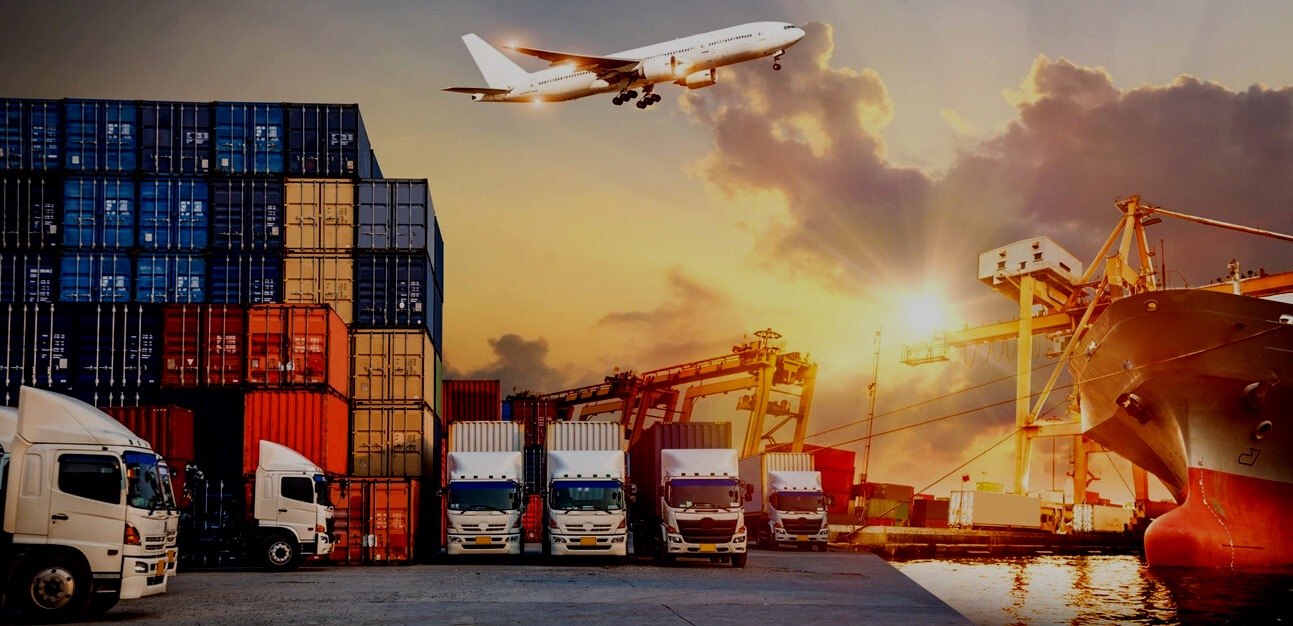Navigating Import Regulations in Egypt: A Comprehensive Guide

Import regulations in Egypt have been streamlined in recent years to facilitate international trade and attract foreign investment. However, understanding and complying with these regulations is crucial for businesses looking to import goods into Egypt. This article provides a comprehensive overview of the import regulations in Egypt, including customs procedures, documentation requirements, and tariff rates.
Key Import Regulations in Egypt
- Import Licensing:
- General License: Most goods can be imported into Egypt under a general license.
- Specific License: Certain goods, such as agricultural products, pharmaceuticals, and chemicals, may require specific import licenses.
- Import Permits: For certain goods, such as alcoholic beverages and tobacco products, import permits are required.
- Customs Procedures:
- Customs Clearance: All imported goods must undergo customs clearance procedures, which involve the submission of necessary documents and payment of customs duties and taxes.
- Customs Broker: It is advisable to hire a customs broker to handle the complex customs procedures and ensure timely clearance of goods.
- Documentation Requirements:
- Commercial Invoice: A detailed invoice specifying the goods, quantity, value, and country of origin.
- Packing List: A list of the items included in the shipment, including quantities, weights, and dimensions.
- Bill of Lading: A document issued by the carrier, indicating the terms of shipment and ownership of the goods.
- Certificate of Origin: A document certifying the country of origin of the goods.
- Import License (if required): A specific license issued by the relevant Egyptian authorities.
- Customs Duties and Taxes:
- Import Duties: Import duties are levied on most imported goods, with rates varying depending on the product category and country of origin.
- Value-Added Tax (VAT): VAT is applicable to most imported goods.
- Other Taxes: Additional taxes, such as excise duties, may apply to specific goods.
- Quality Control and Standards:
- Egyptian authorities impose quality control standards on imported goods, particularly food products and pharmaceuticals.
- Importers may need to obtain certificates of conformity from accredited laboratories.
- Labeling and Packaging:
- Imported goods must comply with Egyptian labeling and packaging regulations, including language requirements and health and safety standards.
Tips for Successful Importation into Egypt
- Hire a Customs Broker: A customs broker can help navigate the complex import procedures and ensure smooth clearance of goods.
- Understand Import Regulations: Stay updated on the latest import regulations and any changes that may affect your business.
- Build Strong Relationships with Egyptian Suppliers: Develop strong relationships with reliable suppliers to ensure a smooth supply chain.
- Consider Using a Free Trade Zone: Egypt has several free trade zones that offer tax benefits and streamlined customs procedures.
- Comply with Quality Standards: Ensure that your products meet Egyptian quality standards and comply with relevant regulations.
- Seek Legal Advice: Consult with legal experts to understand the legal framework and potential risks associated with importing into Egypt.
By understanding and complying with import regulations in Egypt, businesses can successfully navigate the Egyptian market and benefit from the numerous opportunities it offers.

